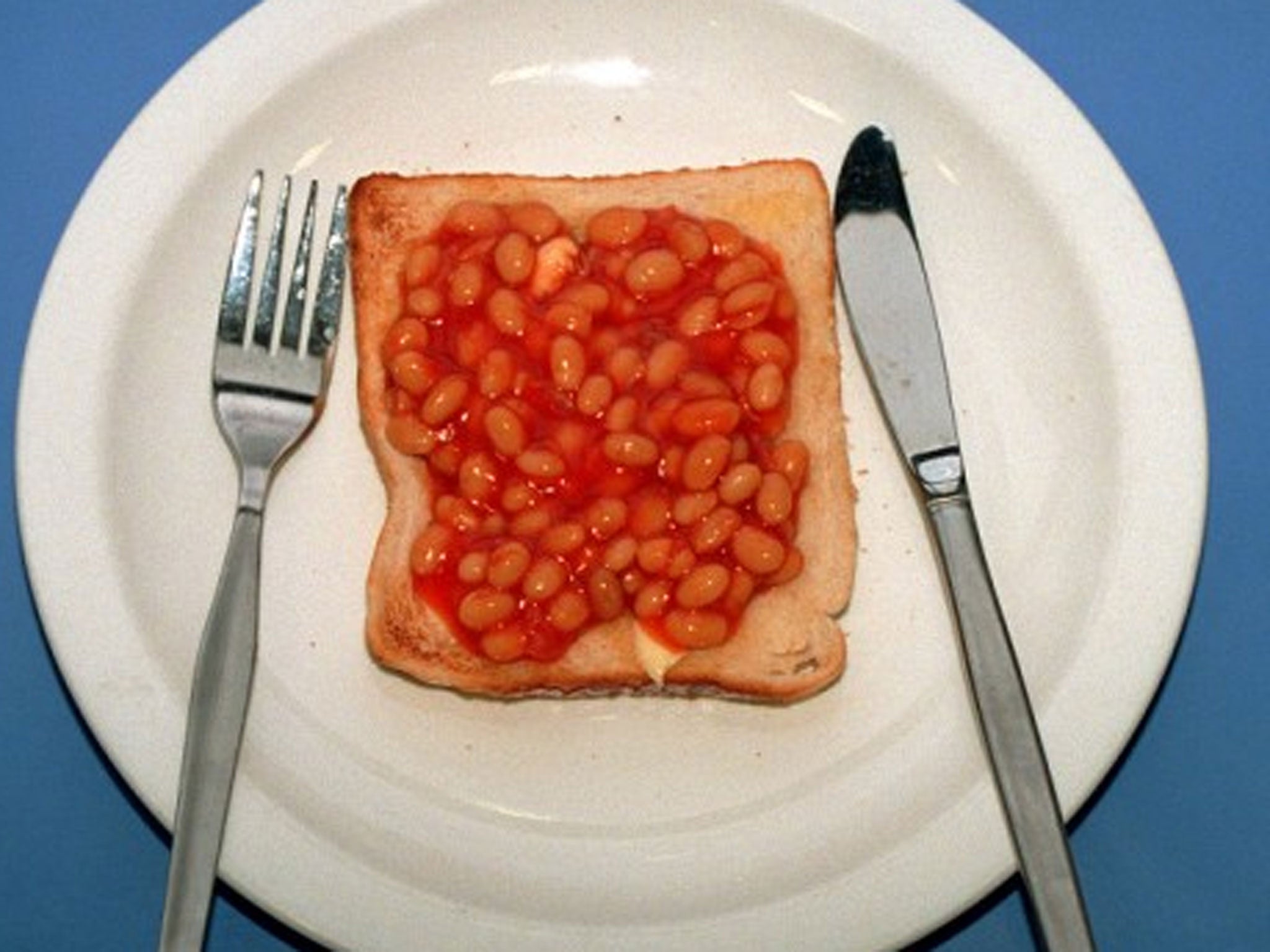All in the genes: The quest for a British baked bean

Your support helps us to tell the story
From reproductive rights to climate change to Big Tech, The Independent is on the ground when the story is developing. Whether it's investigating the financials of Elon Musk's pro-Trump PAC or producing our latest documentary, 'The A Word', which shines a light on the American women fighting for reproductive rights, we know how important it is to parse out the facts from the messaging.
At such a critical moment in US history, we need reporters on the ground. Your donation allows us to keep sending journalists to speak to both sides of the story.
The Independent is trusted by Americans across the entire political spectrum. And unlike many other quality news outlets, we choose not to lock Americans out of our reporting and analysis with paywalls. We believe quality journalism should be available to everyone, paid for by those who can afford it.
Your support makes all the difference.They are found in every kitchen and have kept students from going hungry for generations. But none of the billions of baked beans eaten in the UK grow on British soil – yet.
The beans, which go by many names – haricot, navy, or phaseolus vulgaris – are all imported, mostly from North America, as they cannot grow in Britain.
However, scientists at the University of Warwick's Crop Centre have begun mapping genes of the beans' DNA in the hope of creating a new, hardier strain that will survive. Andrew Tock, a PhD student who is leading the project, said: "We eat hundreds of millions of cans of beans every year in the UK – they are cheap, tasty and are recognised as being part of a healthy diet. Growing navy beans in Britain makes sense."
Professor Eric Holub, who also works on the project, hopes the beans could be grown here in three or four years. "The aim is to produce a navy bean which is less sensitive to cold soil in the spring, is resistant to common diseases that occur over the summer in the UK, and is also ready for harvest in early September," he said.
The beans need to be harvested early, he added, as they tend to discolour in damp weather.
On average, shoppers buy 1.5 million cans of baked beans a day, or 17 every second. The Heinz factory in Wigan, which produces most of the beans, imports and processes 50,000 tons of raw beans annually.
The research may also have wider-reaching implications for farmers in Africa and Latin America. Beans that are more resilient to tough conditions could drastically improve the livelihoods of small-scale farmers.
Join our commenting forum
Join thought-provoking conversations, follow other Independent readers and see their replies
Comments